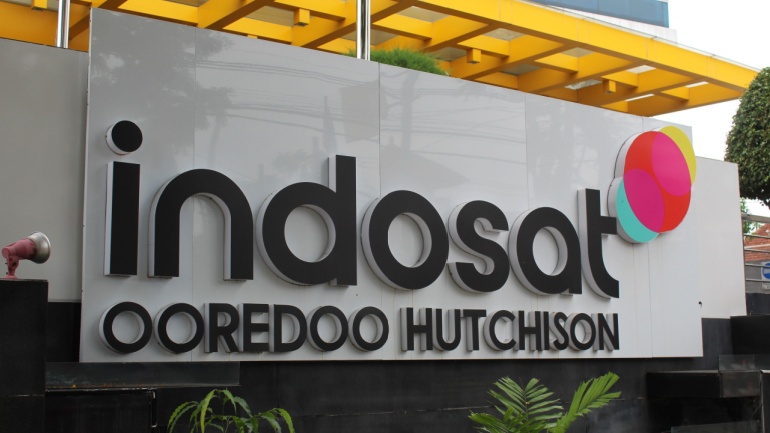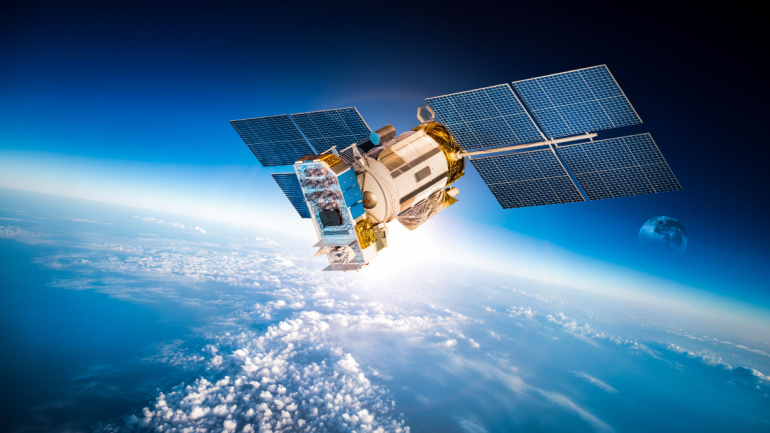This week, the UK-India Technology Security Initiative was announced, marking a pivotal moment for both nations. This collaboration aims to strengthen security in telecoms, AI, quantum computing, and biotechnology. Promising mutual growth, innovation, and job creation, this initiative underscores the evolving technological partnership.
Indosat Ooredoo Hutchison, a leading Indonesian telecom operator, has partnered with Garuda Indonesia to integrate digital technologies into the airline’s operations. This collaboration aims to enhance operational efficiency, boost ancillary revenue, and personalize passenger experiences. By optimizing flight services and travel planning, the partnership will transform Indonesia’s aviation and tourism sectors.
In the ongoing geopolitical saga between the US and China, the global supply chain and the semiconductor industry are at the forefront. Both nations’ governmental bodies are ramping up subsidies to stimulate growth in domestic manufacturing and insulate against sanctions.
In a collaborative effort to bolster marine conservation initiatives, Orange Business, the business-to-business (B2B) segment of a prominent European telecommunications group, has joined forces with Tēnaka, an organization dedicated to safeguarding marine ecosystems. The partnership aims to enhance coral reef restoration within a Marine Protected Area of the Coral Triangle in Malaysia, focused on the protection and preservation of wildlife.
The new partnership between BT and Basrah Gas Company (BGC) sets an intriguing course for the digital transformation of the latter’s operations in Iraq. This collaboration will securely link BGC’s offices, processing units, and gas fields while enhancing their access to cloud-based applications.
Nokia’s augmentation of its Drones-as-a-Service venture promises new opportunities in North America by providing industries with various business solutions using drone technology. Options range from purchasing to leasing or sharing drones, creating opportunities for revenue streams in a broad spectrum of industries. These robust drones, deployed via 4G/LTE or 5G connections, can perform diverse tasks like remote surveillance and hazardous area inspections.
BT Group has taken a bold step into the future of content delivery with an innovative concept known as Multicast-Assisted Unicast Delivery (MAUD). This technology takes a fresh approach, replacing the traditional individual internet stream with a more efficient consolidated flow. Not only is this technology seamless for consumers, it also delivers substantial resource savings. Furthermore, in an era of environmental consciousness, MAUD offers up to a 50% bandwidth reduction during peak times, resulting in lower energy usage.
Just under a year ago, the tech world buzzed with anticipation over a new partnership between chip mogul Qualcomm and satellite firm Iridium. The aim? Integrating satellite-to-phone services via Snapdragon Satellite and Iridium’s resources. However, a recent shift in direction caught the industry’s attention. Despite a successful demo, smartphone manufacturers didn’t opt to incorporate this feature, leading Qualcomm to end the agreement. Yet, in the face of disappointment, Iridium remains optimistic, envisaging an industry veering towards greater satellite connectivity. As earthquakes ripple across the telecoms landscape, all eyes await what’s next.
The UK has spurred a global AI commitment, aptly named ‘The Bletchley Declaration,’ inviting international participants to coordinate efforts to transform AI into a force for societal good. This shared endeavor, decided during the UK-led AI Safety Summit, represents a crossroad for the world: fruitful scientific accomplishment or potential disaster if poorly managed. The declaration sets the stage for practical actions, yet, the exact plan of action remains uncertain. In light of global climate initiatives, questions arise on the effectiveness of this AI initiative. Will technological advancements in AI hold the answers to crucial global issues? Only time will tell.
The Port of Tyne, a key player in UK’s maritime infrastructure, is embarking on an exciting technological journey, partnering with Ericsson and BT to establish 4G and 5G private network connectivity. By engaging revolutionary standards in safety, efficiency, and sustainability, the Port aspires to become an exemplar among smart ports. Uniquely, the port-wide private network incorporates both 4G and 5G standalone connectivity, benefitting legacy devices while enabling cutting-edge 5G applications. This technological upgrade paves the way for futuristic applications that could revolutionize port operations while reducing carbon emissions. Learn more about this visionary initiative and its potential implications for the maritime industry.













